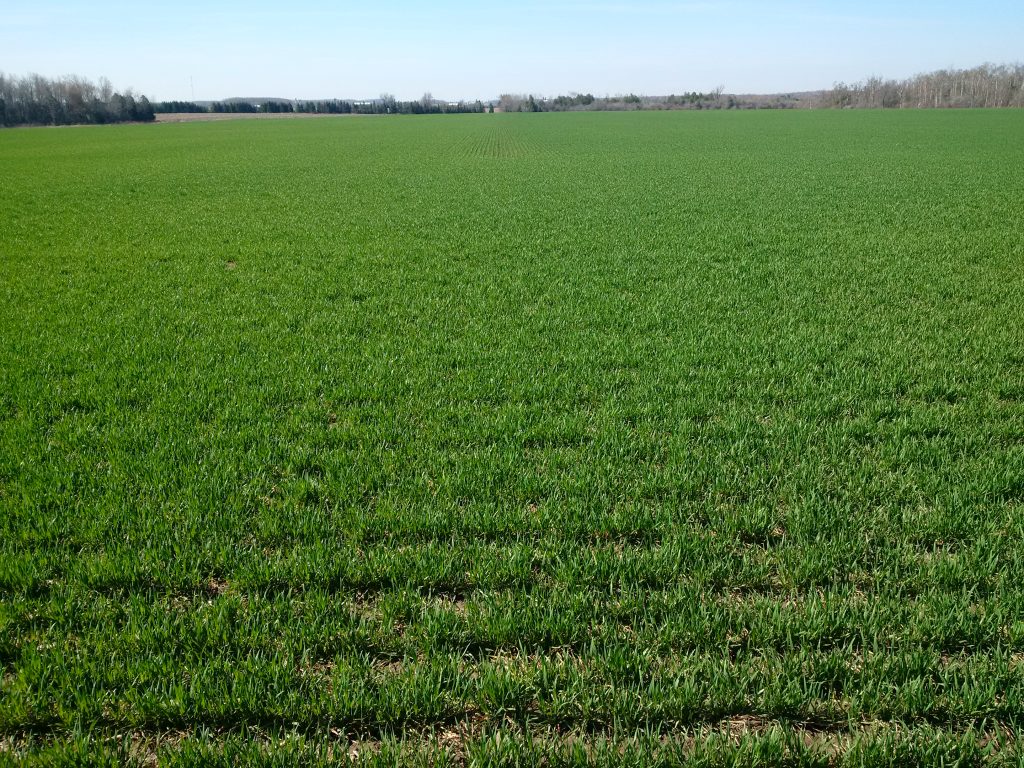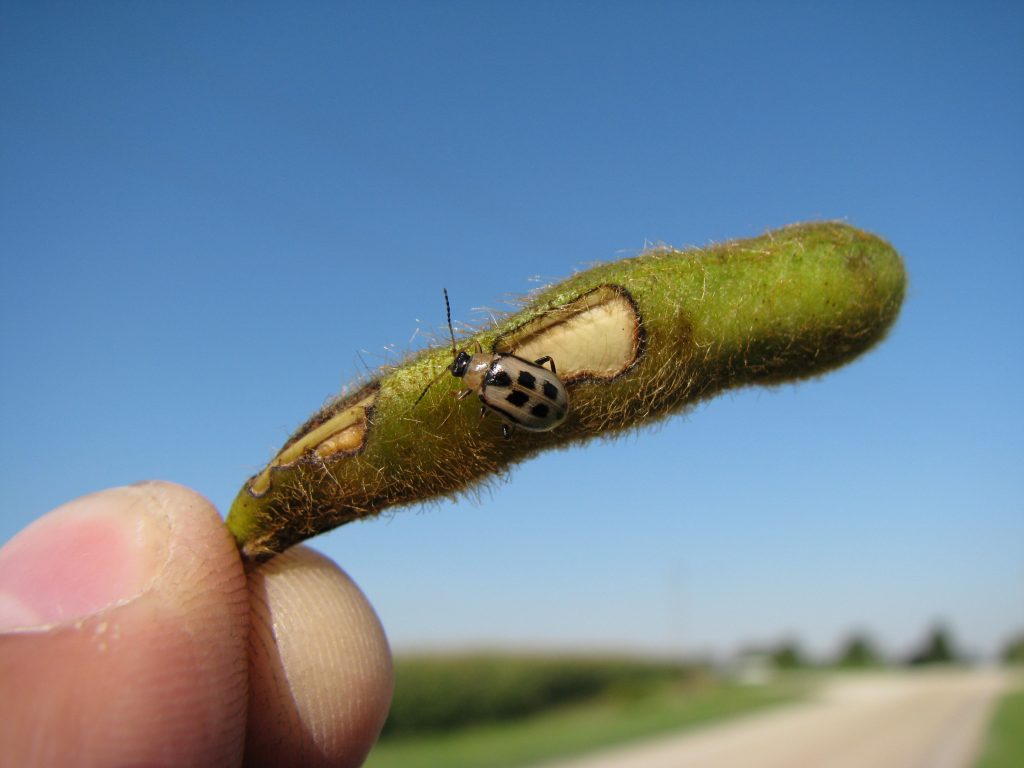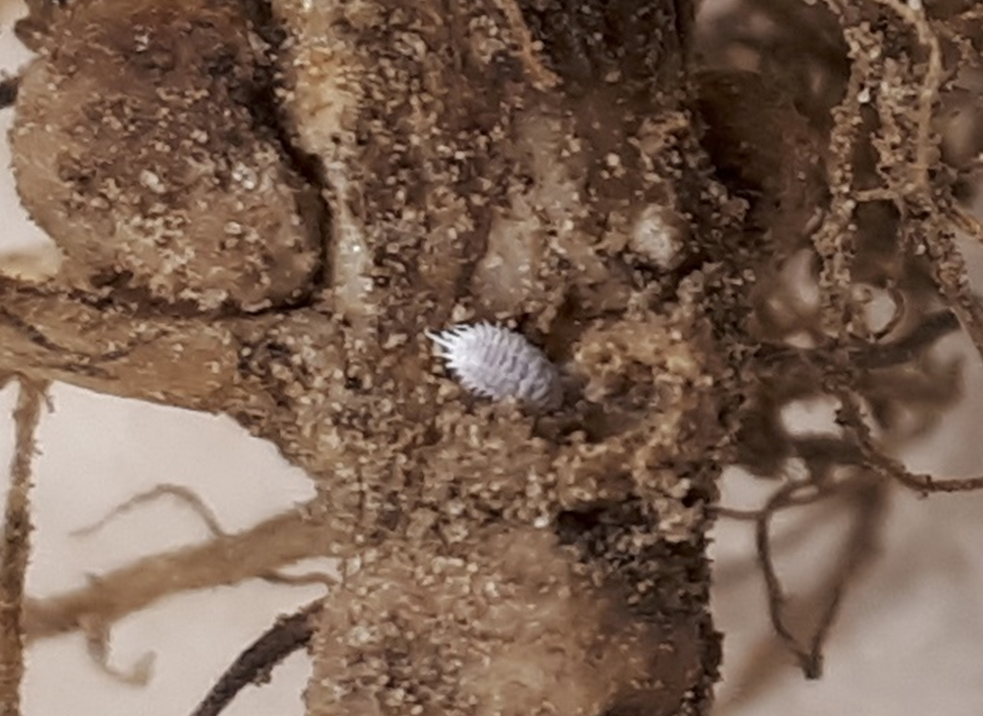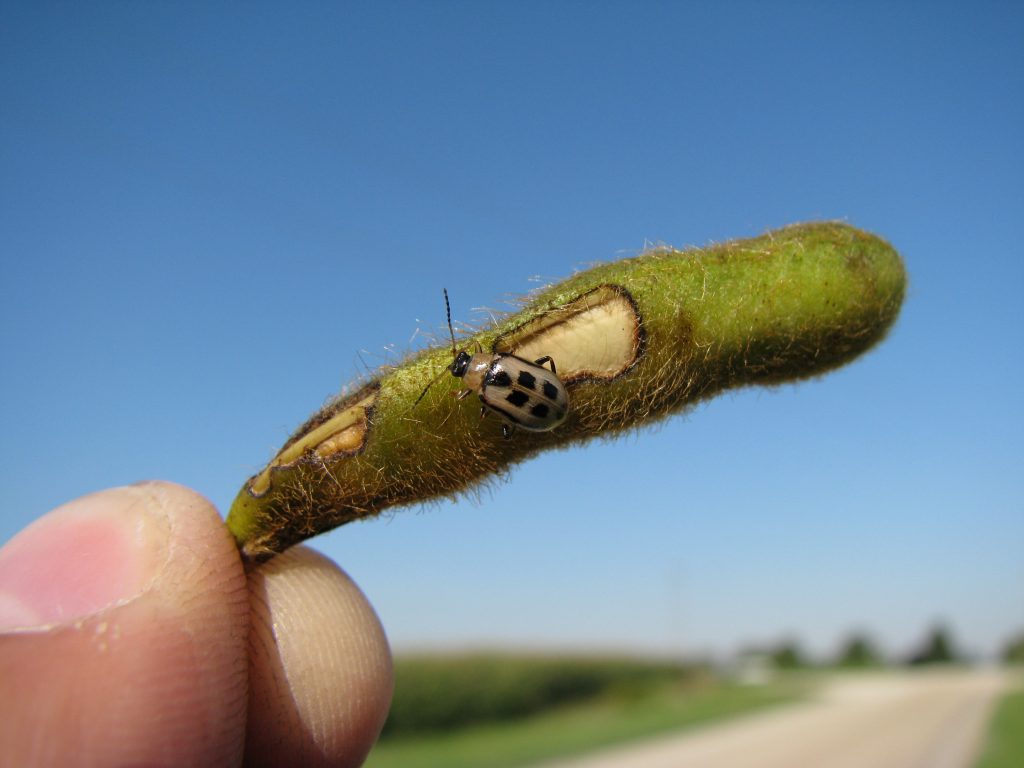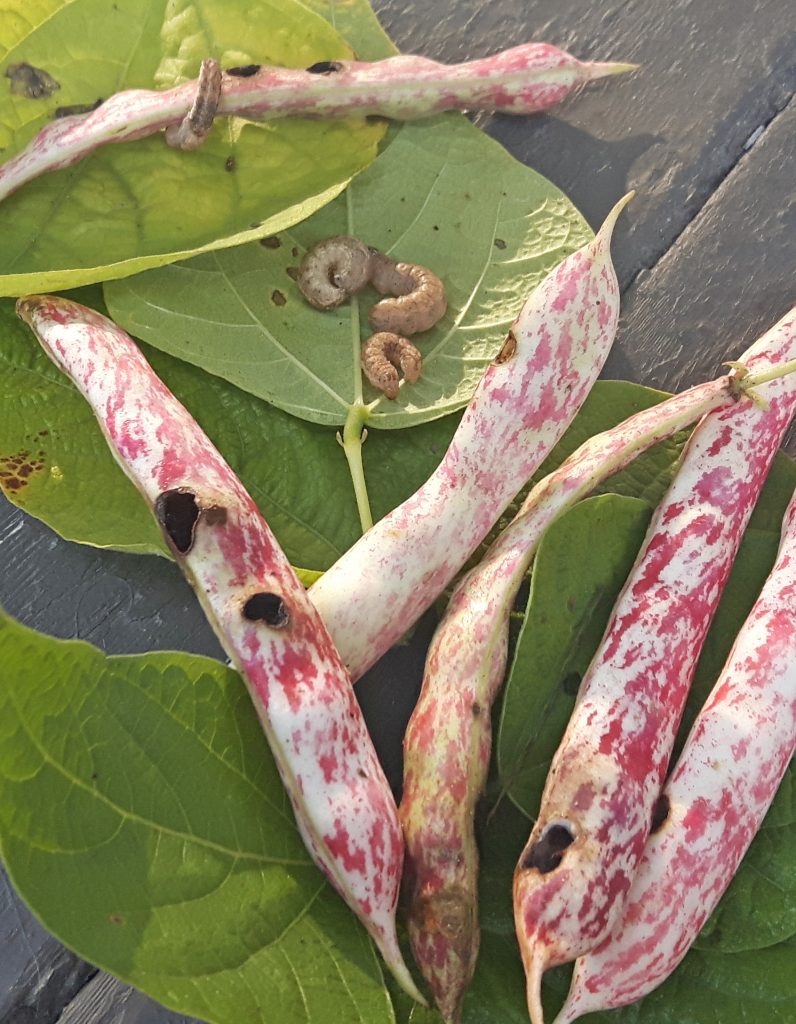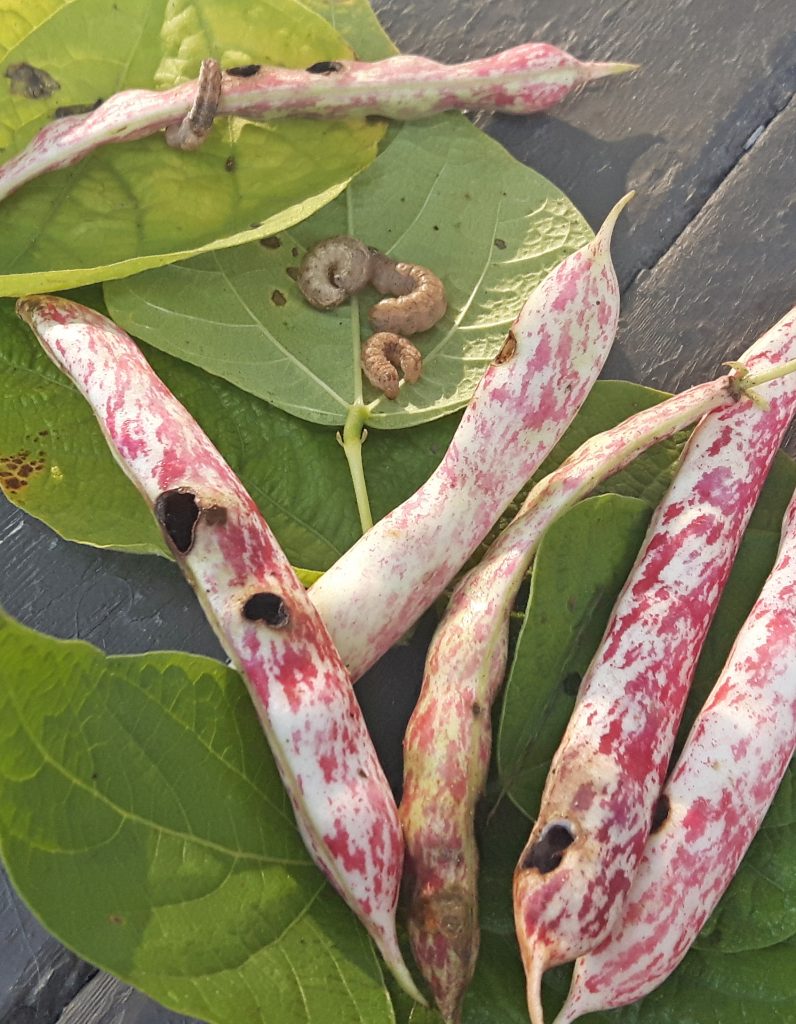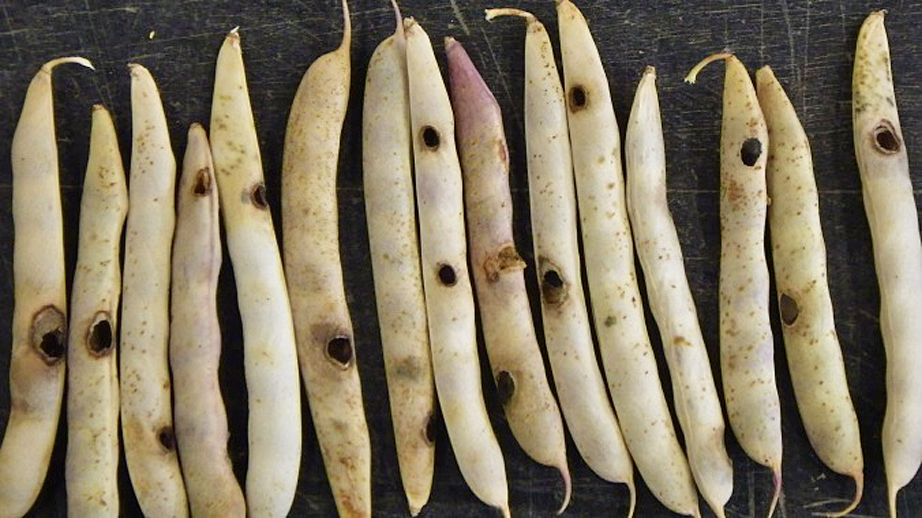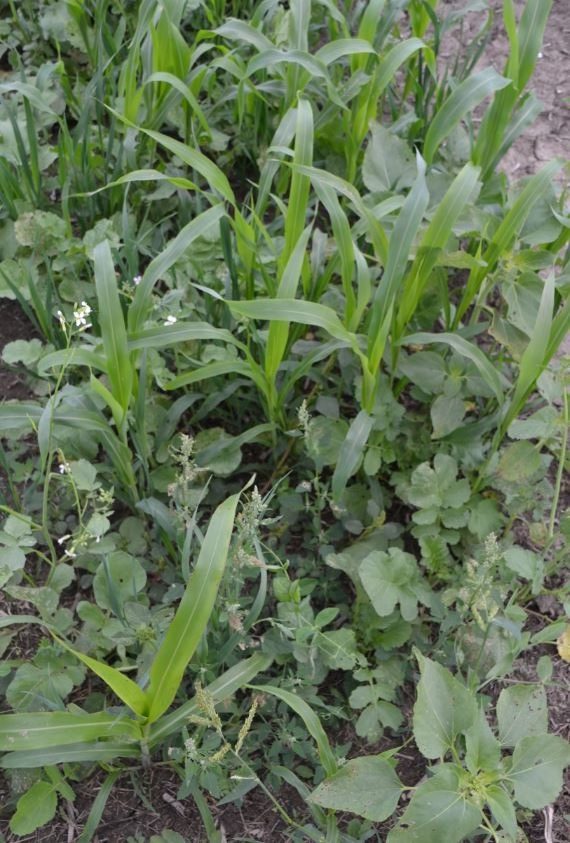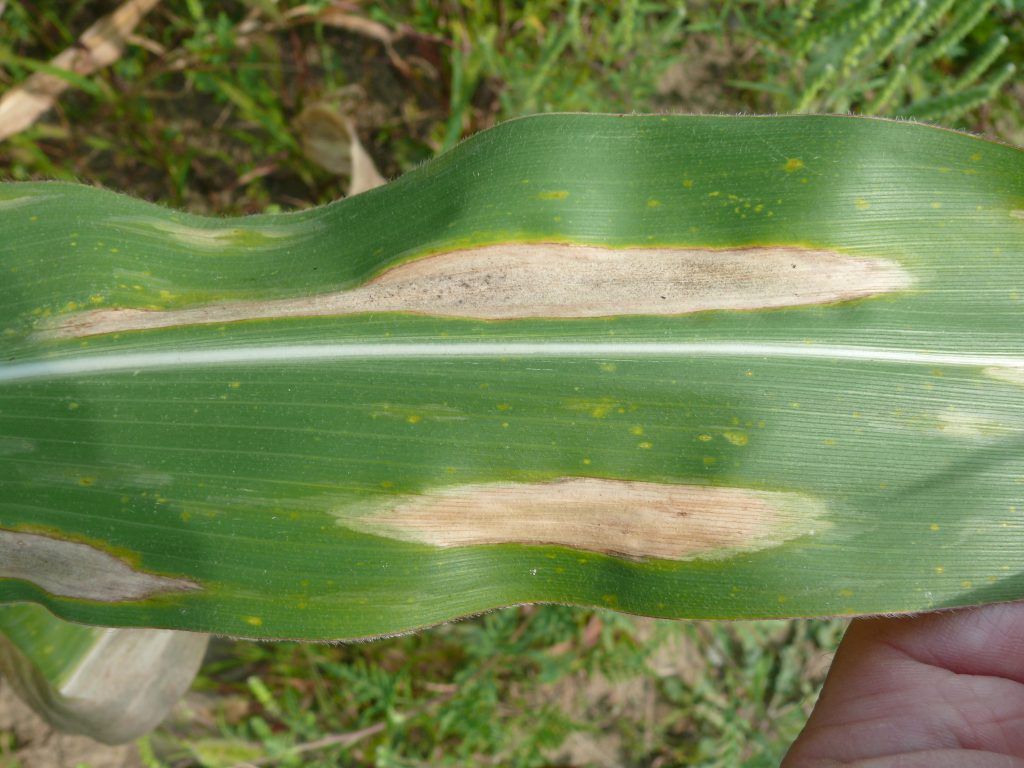OMAFRA Field Crop Report – September 14, 2017

Best Management Practices for Late Planted Winter Wheat With many soybean fields across the countryside just starting to change colour, harvest is not likely to begin anytime soon. A cool, wet spring delayed soybean planting in much of the province and cooler temperatures in August and September have pushed harvest back this fall compared to […]

